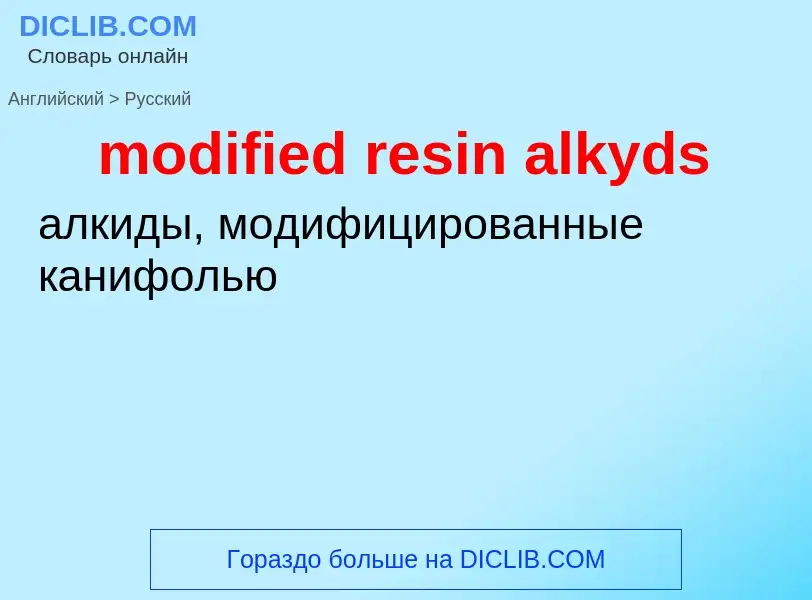Vertaling en analyse van woorden door kunstmatige intelligentie ChatGPT
Op deze pagina kunt u een gedetailleerde analyse krijgen van een woord of zin, geproduceerd met behulp van de beste kunstmatige intelligentietechnologie tot nu toe:
- hoe het woord wordt gebruikt
- gebruiksfrequentie
- het wordt vaker gebruikt in mondelinge of schriftelijke toespraken
- opties voor woordvertaling
- Gebruiksvoorbeelden (meerdere zinnen met vertaling)
- etymologie
modified resin alkyds - vertaling naar russisch
общая лексика
защитная атмосфера
Смотрите также
Definitie
Wikipedia
.jpg?width=120)
In polymer chemistry and materials science, a resin is a solid or highly viscous substance of plant or synthetic origin that is typically convertible into polymers. Resins are usually mixtures of organic compounds. This article focuses on naturally occurring resins.
Plants secrete resins for their protective benefits in response to injury. The resin protects the plant from insects and pathogens. Resins confound a wide range of herbivores, insects, and pathogens, while the volatile phenolic compounds may attract benefactors such as parasitoids or predators of the herbivores that attack the plant.

.jpg?width=200)
![[[Caranna]], a hard, brittle, resinous gum from species of ''Protium'' [[Caranna]], a hard, brittle, resinous gum from species of ''Protium''](https://commons.wikimedia.org/wiki/Special:FilePath/Protium Sp. MHNT.BOT.2016.24.54.jpg?width=200)
![gum]] or [[mucilage]], and chemically very different. gum]] or [[mucilage]], and chemically very different.](https://commons.wikimedia.org/wiki/Special:FilePath/Resin on Almond tree.jpg?width=200)


.jpg?width=200)
